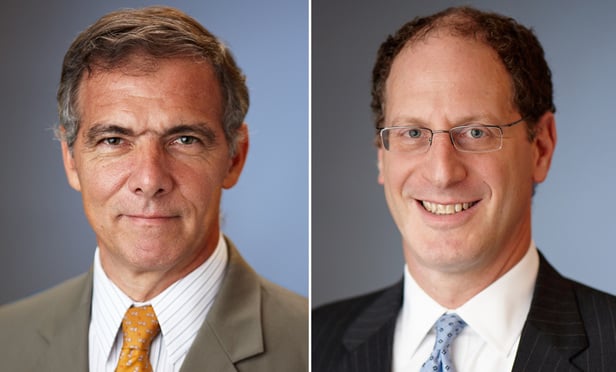Many governments, including the United States, are attempting to restrict the use of encryption services like WhatsApp and Snapchat to allow for a greater opportunity for surveillance. Although increased reliance on technology such as emails and texts has provided greater opportunity to gather evidence of criminal activity, in part because many communications are now memorialized forever, law enforcement agencies around the world complain that encryption technologies make it difficult to catch criminals and terrorists and therefore should be restricted.
Turning the traditional concept of privacy on its head, governments appear to be positing that the totality of every individual’s digital communications should be left open for scrutiny by government investigators in case some come to be suspected of wrongdoing at a later time. Not surprisingly, this Big-Brother-is-watching approach has met with resistance from public rights and civil liberty activists.


 Robert J. Anello and Richard F. Albert
Robert J. Anello and Richard F. Albert




